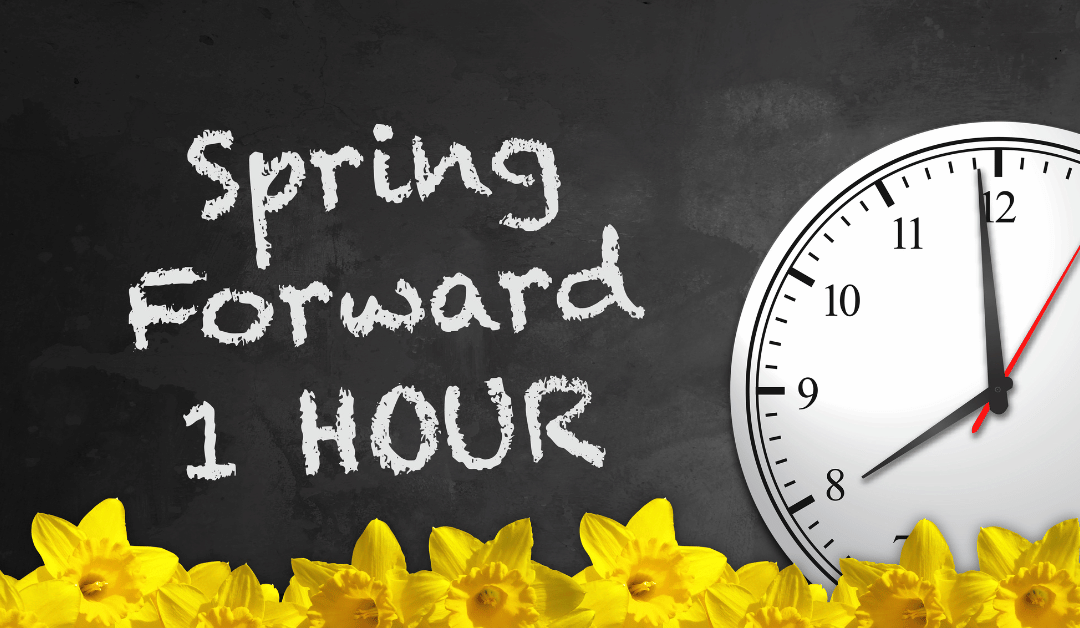When we “spring forward” and set our clocks ahead one hour for Daylight Savings Time (DST), it’s important to remember that this change doesn’t just affect humans. Our pets also experience disruptions to their routines, which can lead to some temporary confusion and discomfort, especially around mealtimes! Today, I’m sharing how daylight savings time affects our pets, how long it might take for them to adjust, and how to support them. Let’s go!
How Daylight Savings Time Affects Our Pets
 Altered Circadian Rhythms
Altered Circadian Rhythms
Like humans, pets have internal biological clocks that regulate their sleep-wake cycles. A sudden shift in daylight hours can throw off these natural rhythms, potentially leading to changes in behavior and energy levels.
Disrupted Meal Times
Many pets are accustomed to eating at specific times of the day. The time change can lead to confusion around feeding schedules, potentially causing anxiety or digestive issues.
Disorientation
The shift in routine can make pets feel disoriented. They may seem more lethargic, confused, or even slightly anxious as they adjust to the new schedule and routines.
 Changes in Exercise Routines
Changes in Exercise Routines
Dogs accustomed to walks at certain times may find themselves out of sync with their usual schedule, which can lead to restlessness or changes in bathroom habits.
How to Support Our Pets Through Daylight Savings Time Transitions
Adjust Gradually
Ideally, experts recommend adjusting your pet’s schedule a few days before DST begins. Shifting meal times, walks, and bedtimes by 10-15 minutes each day leading up to the change can soften the impact of the time change. While it’s too late to do that now that the time has changed, it’s worth mentioning because these changes occur twice annually with spring forward and fall back.
 Maintain Consistency
Maintain Consistency
Try to keep other aspects of your pet’s routine as consistent as possible during the transition period. Because you can control your pet’s routine, adjust it slightly to begin with. A sudden change in schedule can be jarring but a small change may not even be noticed.
Be Patient
Your pet may take a few days to fully adjust. Be understanding if they seem a bit off or if there are temporary changes in behavior. Be especially patient if your pet seems restless, this is natural for our pets, who are creatures of habit.
Most pets will adjust to the time change within a few days to a week. However, some more sensitive animals may take up to two weeks to fully acclimate to the new schedule. Keep a close eye on your pet during this time and consult with your veterinarian if you notice any prolonged or concerning changes in behavior or health as they may not be related to DST changes.
Provide Extra Exercise
Providing additional physical activity can help tire out your pet and make it easier for them to adapt to the new sleep schedule. Take them for a long walk, visit a park during daylight hours, or engage them in a rigorous play session at home. No matter what you opt for, remember that our pets are biologically driven to hunt and play, a great way to relieve stress and the feelings of uncertainty they may be experiencing as a result of the time change.
 Adjust Feeding Times Slowly
Adjust Feeding Times Slowly
If you need to change feeding times, do so gradually over several days. While many of us are on a pretty strict feeding schedule, this week is not the week to be strict about routines. Instead, adjust a bit, maybe feeding half an hour earlier than you normally would – just to keep the changes more digestible – pun intended!
Create a Calm Environment
Use blackout curtains or white noise machines to help create a consistent sleep environment, especially if the changed daylight hours are affecting your pet’s rest. Consider playing classical music or reggae, these genres of music are soothing for our pets.

The Best Pet Care in Dallas
While the time change can be temporarily disruptive, with a little patience and support, your pets will soon be back to their normal, happy selves. By being mindful of their needs during this transition, you can help make the spring forward a little easier for the whole family. If you need help exercising your pets, count on us. We would be delighted to come over and walk your dog or engage your pets in play while they adjust to the start of daylight savings time.
Park Cities Pet Sitter proudly provides cat sitting, dog sitting, and dog walking services in Bluffview, Deep Ellum, Downtown, Highland Park, Knox Henderson, Lake Highlands, Lakewood, Lower Greenville, Medical District, North Dallas, Oak Lawn, Northwest Dallas, Northeast Dallas, Old East Dallas, Preston Hollow, Turtle Creek, University Park, Victory Park.
To learn more about our services, please visit our FAQs and contact us at 214-828-0192 and pets@pcpsi.com. Finally, you may also register via our client portal here. Existing clients, please submit reservations via this link.
To joining our team as a pet care provider, please click here

